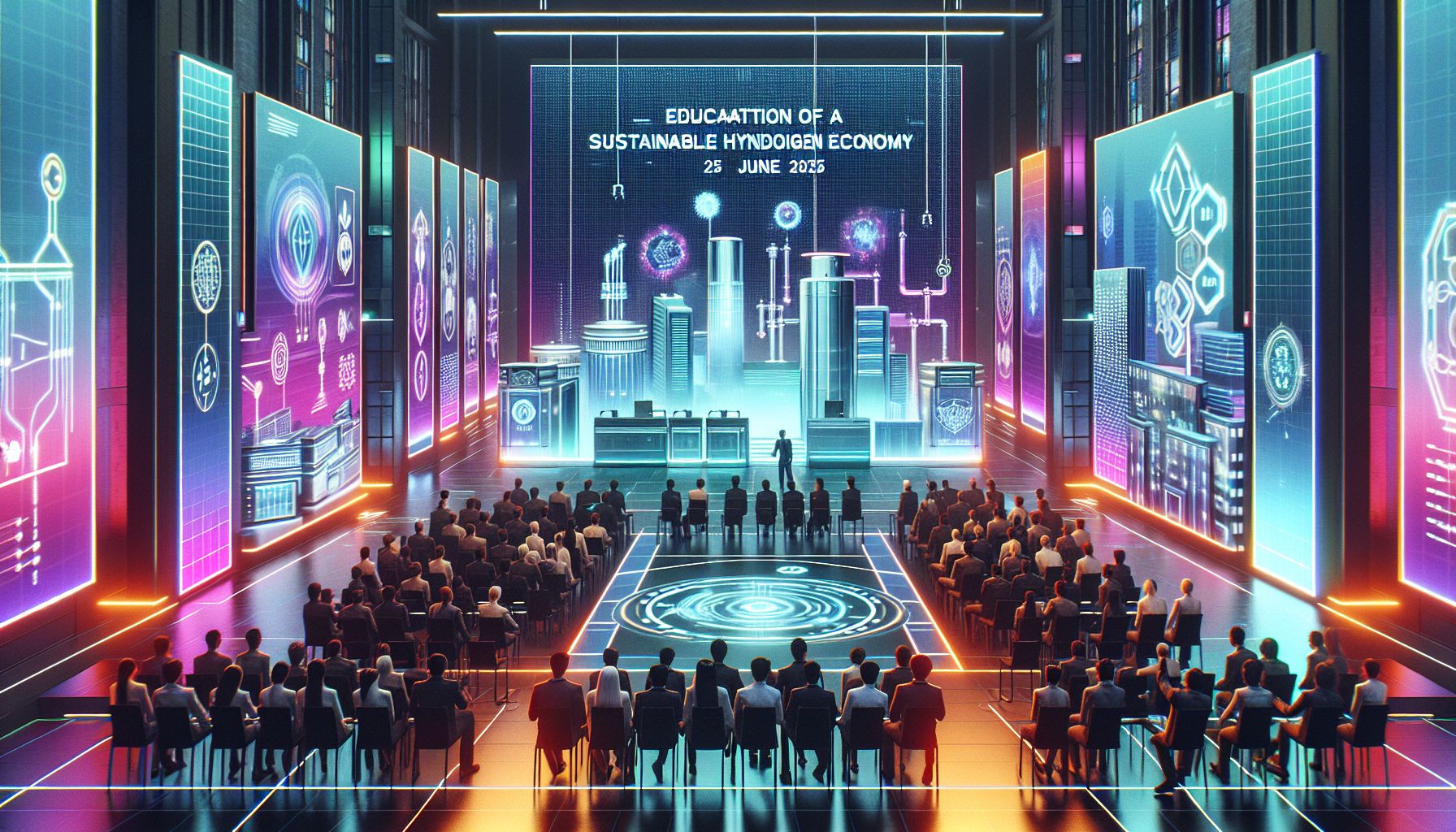UToledo Sparks Hydrogen Economy Dialogue: Educate for Sustainability

Toledo, Tuesday, 1 July 2025.
On 25 June 2025, UToledo led pivotal hydrogen economy discussions, spotlighting workforce needs and educational opportunities. The event united stakeholders, advocating for collaboration to train the workforce for a sustainable hydrogen future.
Focused Discussions on Hydrogen’s Impact
On 25 June 2025, the University of Toledo was abuzz with lively discussions on the hydrogen economy. I saw a mix of educators, industry leaders, and policymakers gather under one roof to chart the future of sustainable energy. It’s fascinating to see how collective brainpower can drive change! Their mission was to equip the workforce with skills tailored for hydrogen technology, a field poised to redefine energy landscapes globally. The event underscored the importance of collaboration between academia and industry to make hydrogen the hero of our energy narrative [1][2].
The Role of Education in Hydrogen Advancement
Education was at the heart of these discussions—endless possibilities were deliberated! The University of Toledo, supported by several million dollars from congressionally directed spending, tackled workforce development head-on. They stressed the need for academic programs, certifications, and training that align with hydrogen’s demands. It’s like preparing a gourmet meal; you need the right ingredients and recipes! By 2030, they believe hydrogen could power a significant chunk of the energy pie, providing clean, reliable energy and tons of new jobs. Schools are set to introduce courses that are not just relevant but revolutionary [1][2][3].
Stakeholders Driving the Future Together
Bringing together stakeholders from various realms, from the Ohio Aerospace Institute to local colleges, the event was a showcase of teamwork. Everyone agreed that the region can become a powerhouse in hydrogen technology. You could almost feel the enthusiasm in the air! Businesses like DLZ discussed their hydrogen fuel projects, showcasing real-world applications. It was a clear message that Toledo is not just talking about change—it’s living it [1][3][4].